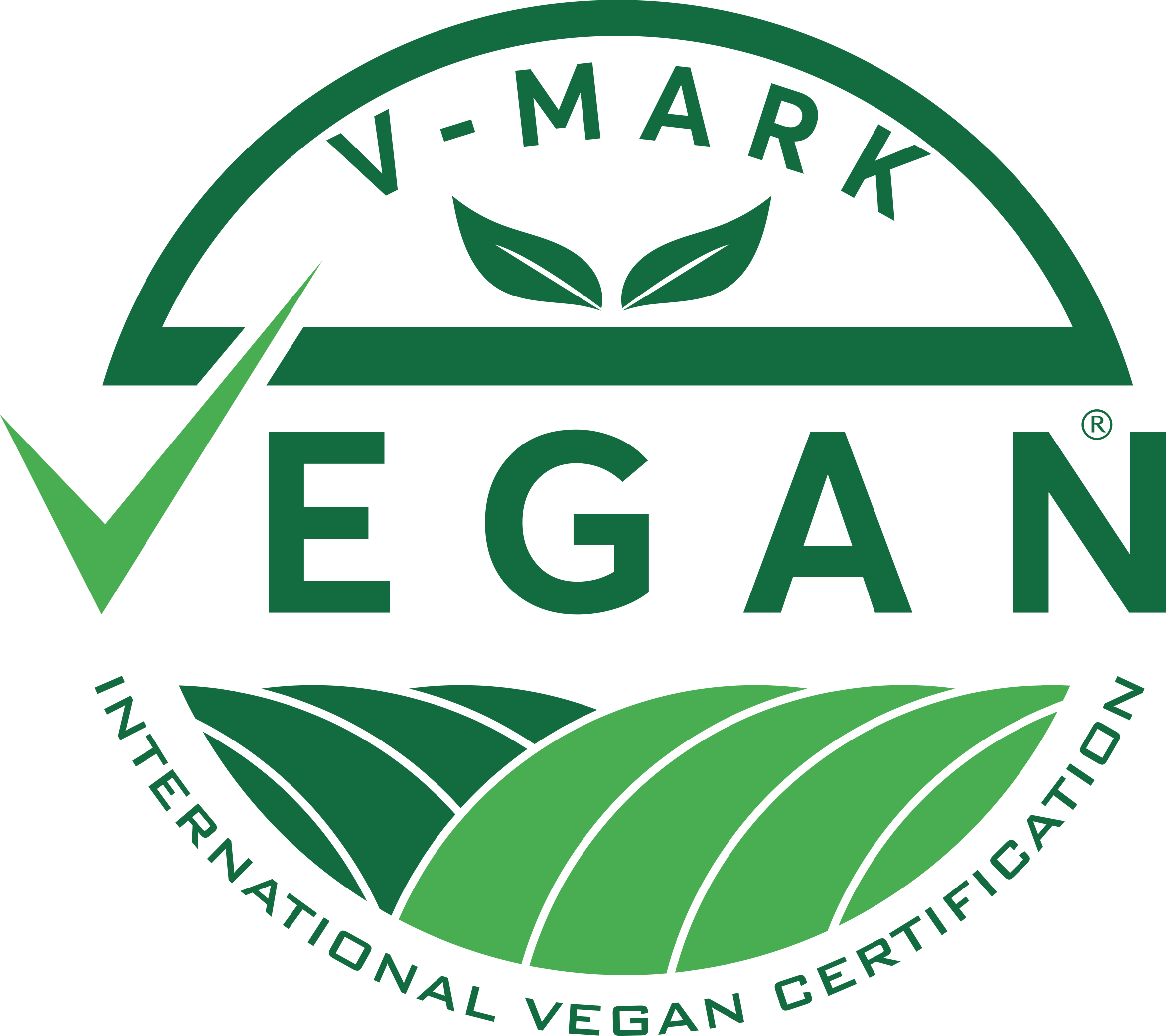The Ethics of Veganism: Why People Choose a Plant-Based Diet
Veganism is a lifestyle and dietary choice that has recently become popular as people explore ways to reduce their environmental impacts, improve their health, and protect animals from suffering. The ethical principles behind veganism are based on the belief that all living creatures have a right to life, freedom from exploitation and unnecessary suffering, and the pursuit of happiness. This way of thinking has led to the adoption of a plant-based diet, which avoids the consumption of all animal products, including meat, dairy, eggs, and honey.

The decision to become vegan is often motivated by ethical considerations. Those who choose veganism often do so out of respect for the rights of animals, a desire to minimize their contribution to animal suffering, and an understanding of the environmental impacts of animal agriculture. By eating only plant-based foods, vegans are able to reduce their impact on the planet and help save the lives of animals, as well as reduce their own risk of chronic illnesses such as heart disease and diabetes.
In addition to the ethical considerations of veganism, many people are drawn to the diet for its health benefits. A well-planned vegan diet can provide all the essential nutrients needed for optimal health, as well as reduce the risk of various chronic diseases. Eating a variety of nutrient-rich plant foods such as fruits, vegetables, legumes, nuts, and seeds can help promote better health and provide the energy needed for daily activities.
The vegan lifestyle also appeals to many people for its environmental benefits. Animal agriculture is responsible for significant environmental damage due to the production of greenhouse gases, land and water degradation, and deforestation. By choosing a plant-based diet, vegans are able to reduce their environmental footprint and help create a more sustainable food system.
In short, veganism is a lifestyle choice driven by ethical considerations, health benefits, and environmental concerns. By choosing to eat a plant-based diet, vegans are able to reduce their impact on the planet and help protect animals from suffering. While it can take some time to adjust to a vegan lifestyle, many people find that the benefits far outweigh the challenges.
Blog
- Are Vegan People Healthy? Examining the Science Behind a Plant-Based Diet
- Is Veganism Harmful? A Look at the Risks and Benefits
- The Ethics of Veganism: Why People Choose a Plant-Based Diet
- The Health Benefits of Veganism: What the Research Shows
- The Myths and Realities of Veganism: Separating Fact from Fiction
- The Rise of Veganism: A Look at the Growing Movement
- Veganism 101: An Introduction to the Vegan Lifestyle
- Veganism and Aging: Can a Vegan Diet Help You Live a Longer, Healthier Life?
- Veganism and Beauty: Plant-Based Options for a Compassionate Regimen
- Veganism and Cancer: Does a Plant-Based Diet Reduce the Risk of Cancer?
- Veganism and Diabetes: Can a Plant-Based Diet Help Manage Diabetes?
- Veganism and Dining Out
- Veganism and Fashion: Ethical and Sustainable Options
- Veganism and Fitness: How to Build a Strong and Healthy Body on a Plant-Based Diet
- Veganism and Gifts: Ethical and Sustainable Options for All Occasions
- Veganism and Health: Debunking Myths and Exploring the Benefits
- Veganism and Heart Health: Is a Vegan Diet Good for the Heart?
- Veganism and Holidays: Celebrating Compassionately
- Veganism and Nutrient Deficiencies: How to Ensure a Balanced and Healthy Diet
- Veganism and Parenting: Raising Compassionate Kids in a Plant-Based Household
- Veganism and Personal Care: Choosing Cruelty-Free Products
- Veganism and Social Justice: How the Vegan Lifestyle Can Help Create a More Equal World
- Veganism and Travel: Tips for Staying Vegan on the Go
- Veganism and Weight Loss: Does a Plant-Based Diet Promote Healthy Weight Loss?
- Veganism and the Environment: The Impact of a Plant-Based Diet
- Veganism for Beginners: A Step-by-Step Guide to Adopting a Plant-Based Lifestyle

GET CERTIFIED
